
Workshop "Vietnam's Economy 2024 and Prospects for 2025" - Photo: VGP/HT
This is the content discussed by delegates at the workshop "Vietnam's Economy 2024 and Prospects for 2025" jointly organized by the National Economics University and the Central Strategic Policy Committee on April 10, in Hanoi .
The time has come to accelerate the transformation of economic strategy.
According to Prof. Dr. Pham Hong Chuong - Director of the National Economics University (NEU), the reciprocal tax policy proposed by the United States will have a profound impact on the Vietnamese economy, especially when the tax rate is expected to be up to 46% for most exported goods (currently postponed for 90 days). However, the NEU leader also said that the Government 's view that this is an opportunity for Vietnam to re-evaluate its economic structure and internal capacity is completely correct.

Prof. Dr. Pham Hong Chuong - Director of National Economics University (NEU) speaking - Photo: VGP/HT
Prof. Dr. Pham Hong Chuong emphasized that Vietnam needs to divide its response solutions into two groups: short-term and long-term. In the immediate future, it is necessary to persistently stabilize macroeconomic factors such as exchange rates, inflation, and interest rates - not allowing external fluctuations to derail management. At the same time, it is necessary to make the tax and non-tariff systems transparent, in order to create trust for the business community and international partners.
In the long term, Vietnam needs to maintain stability and flexibility in its macroeconomic policies. This is especially important when the world economy is in a volatile period, while Vietnam's economy stands out with a growth rate of 7.09% in 2024 - higher than many countries in the region.
However, Prof. Dr. Pham Hong Chuong also noted: The 8% growth target in 2025 will be very challenging without ready response preparations, especially in the context of traditional driving forces such as exports being threatened by tariffs and non-tariff barriers.
Sharing the same view, Prof. Dr. To Trung Thanh - Head of the Department of Political Economy, NEU emphasized that the 46% reciprocal tax rate proposed by the United States is a shock, but at the same time, it is also an opportunity for Vietnam to be forced to change its development approach.
The reason is that the structure of Vietnam's economy over the past years has relied too much on processing exports, especially the FDI sector. Therefore, the economy needs to quickly shift to relying on the domestic private economic sector.
Professor To Trung Thanh believes that it is necessary to reform economic institutions to promote the private economy, agreeing with the change in thinking in law-making from "management by prohibition" to "support and service for enterprises". In addition, creating a transparent and equal investment and business environment will be the foundation for domestic enterprises to develop and participate more deeply in the global supply chain.
"It is necessary to promote product localization in the FDI sector, effectively exploit new-generation Free Trade Agreements (FTAs), promote digital transformation, develop the digital economy and invest in strategic industries, thereby creating new momentum for the Vietnamese economy in the coming period," Professor Dr. To Trung Thanh proposed.
Public investment promotes private investment
From another perspective, Associate Professor Dr. Pham The Anh pointed out that in the context of an uncertain world, FDI capital flows into Vietnam will become increasingly cautious. In this context, for FDI enterprises, no country, including Vietnam, is an absolutely safe destination, especially when tariff barriers increase.
With private investment, he emphasized that creating a stable and transparent environment is the key to retaining and attracting long-term capital flows.
"Except for 'quick-fix' investments, enjoying price differences in a short period of time, with systematic private investment in production and business, no one invests to make a profit in a few years, but the goal is even calculated in decades. Therefore, to promote, the reform process to create a good business environment must also achieve results in a relatively long time to truly strongly attract this sector in a substantial way", Associate Professor, Dr. Pham The Anh said.
Regarding public investment, this expert affirmed that this is an important resource, however, it should be noted that this is not the ultimate goal but rather a leading activity of the private sector.
"If we promote public investment disbursement at all costs, it is easy to lead to inflation risks, asset bubbles, and misalignment of monetary and fiscal policies. Instead, we need to promote public investment disbursement selectively, towards projects that can change the face of the economy and 'clear the way' for the private sector to participate in investment," said Associate Professor, Dr. Pham The Anh.

Experts discuss at the workshop "Vietnam's Economy 2024 and Prospects for 2025" - Photo: VGP/HT
From an international perspective, expert Jonathan D. London , Economic Advisor, United Nations Development Program (UNDP), said: Vietnam's development strategy needs to have a balance between short-term and long-term solutions and transforming the growth model.
In the short term, Vietnam needs to prioritize industrial and trade policies, while strengthening economic diplomacy to maintain market share in major markets such as the United States and the EU.
In the long term, the country needs to build a growth model based on productivity, innovation and high-quality public investment, especially in infrastructure, energy and education.
"An inclusive, transparent and encouraging institutional system will create an environment for the majority of people and businesses to participate in the modern market economy. This will be the foundation for Vietnam to not only respond to the current crisis but also move towards sustainable growth," said the UNDP expert.
In fact, without waiting for the US to announce its new tariff policy, the Government has been proactive and active in addressing concerns about international trade, including trade with the US. At the same time, the Government has also paid great attention to restructuring the economy, promoting innovation, and enhancing Vietnam's position in the global value chain.
Most recently, when chairing a conference with ministries, branches, Vietnamese representative agencies abroad, associations, and enterprises to proactively adapt to the new situation of international trade, the Government leader analyzed: The current tariff challenge is an opportunity to comprehensively restructure the economy, supply chains, import-export markets, and key industries.
The Government leader emphasized that the "strategic quartet" including: science and technology development; institutional reform, apparatus arrangement; promoting the private economy; and international integration, needs to continue to be implemented synchronously.
The Government leaders also requested to make full use of FTAs to expand the market to regions such as the Middle East, Africa, South America, etc., thereby diversifying the market and reducing dependence on a few major partners. The Government leaders also assigned ministries and branches to urgently review and re-evaluate each key export industry, increase the localization of FDI products, promote support for science and technology, innovation, etc.
Notably, the Government leader has directed the State Bank to develop and implement a preferential credit package of about VND500,000 billion for science and technology, innovation and strategic infrastructure.
Regarding fiscal policy, the Prime Minister said he will propose to competent authorities to continue reducing VAT in 2025 and 2026, and study adjustments to family deductions when calculating personal income tax.
Regarding institutional breakthroughs, the Prime Minister emphasized the requirement to reduce time and costs for people and businesses, by 2025 reducing at least 30% of administrative procedure processing time; reducing at least 30% of business costs; and abolishing at least 30% of business conditions.
It is expected that at the upcoming National Assembly session, the Government will submit to the National Assembly about 35 laws and resolutions, including draft laws on enterprises, investment, public-private partnerships, bidding, state budget, management and use of state capital, science and technology, innovation, etc.
Mr. Minh
Source: https://baochinhphu.vn/doi-dien-thu-thach-thue-quan-co-hoi-tai-dinh-hinh-nen-kinh-te-102250410182702473.htm


![[Photo] General Secretary To Lam receives Director of UNESCO World Heritage Center](https://vphoto.vietnam.vn/thumb/1200x675/vietnam/resource/IMAGE/2025/5/20/095c21a467bd453a93baaa2aa62d79dd)



![[Photo] The Organizing Committee of the National Table Tennis Tournament of Nhan Dan Newspaper presented tables and books to universities in Da Nang.](https://vphoto.vietnam.vn/thumb/1200x675/vietnam/resource/IMAGE/2025/5/20/15c200538e76401ba0d4ca82ae5cb2ec)
![[Photo] Prime Minister Pham Minh Chinh chairs conference to promote public investment growth momentum](https://vphoto.vietnam.vn/thumb/1200x675/vietnam/resource/IMAGE/2025/5/20/7d1fac1aef9d4002a09ee8fa7e0fc5c5)
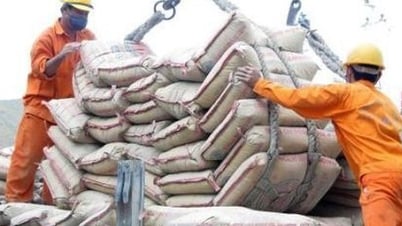
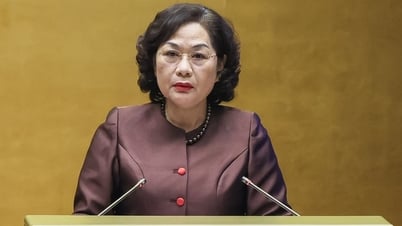
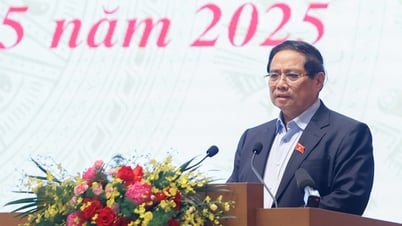
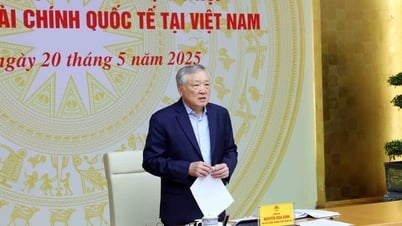
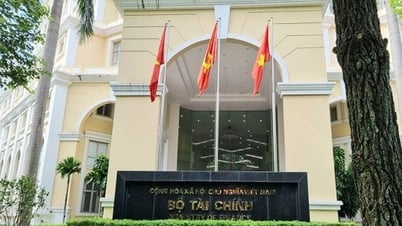







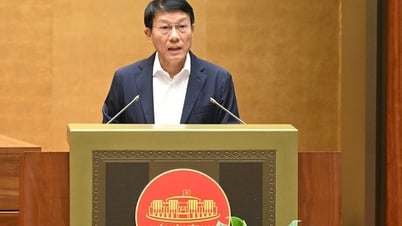
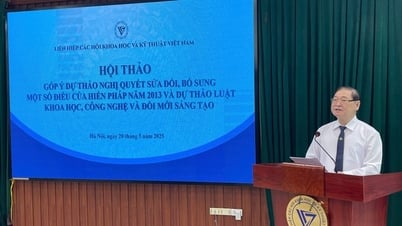
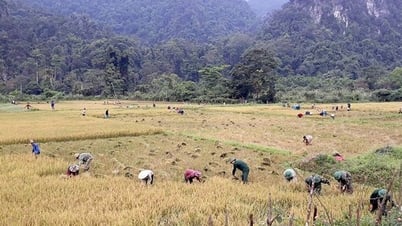






























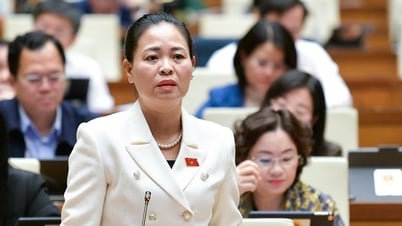


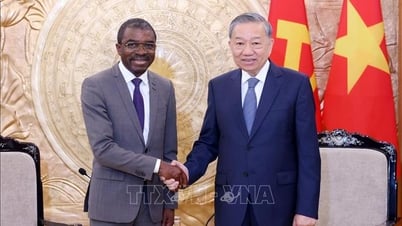


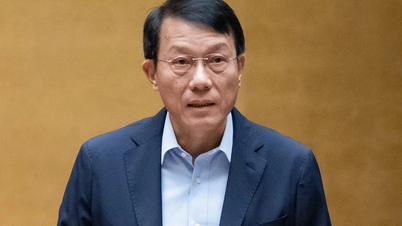





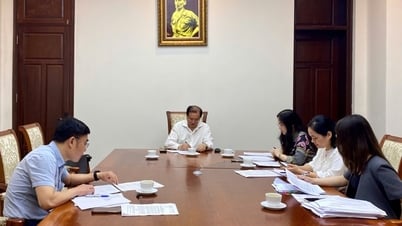





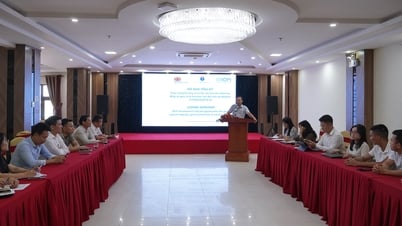

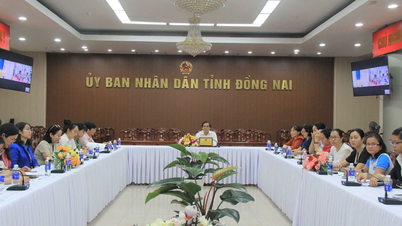

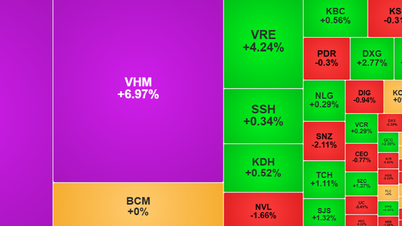
















Comment (0)